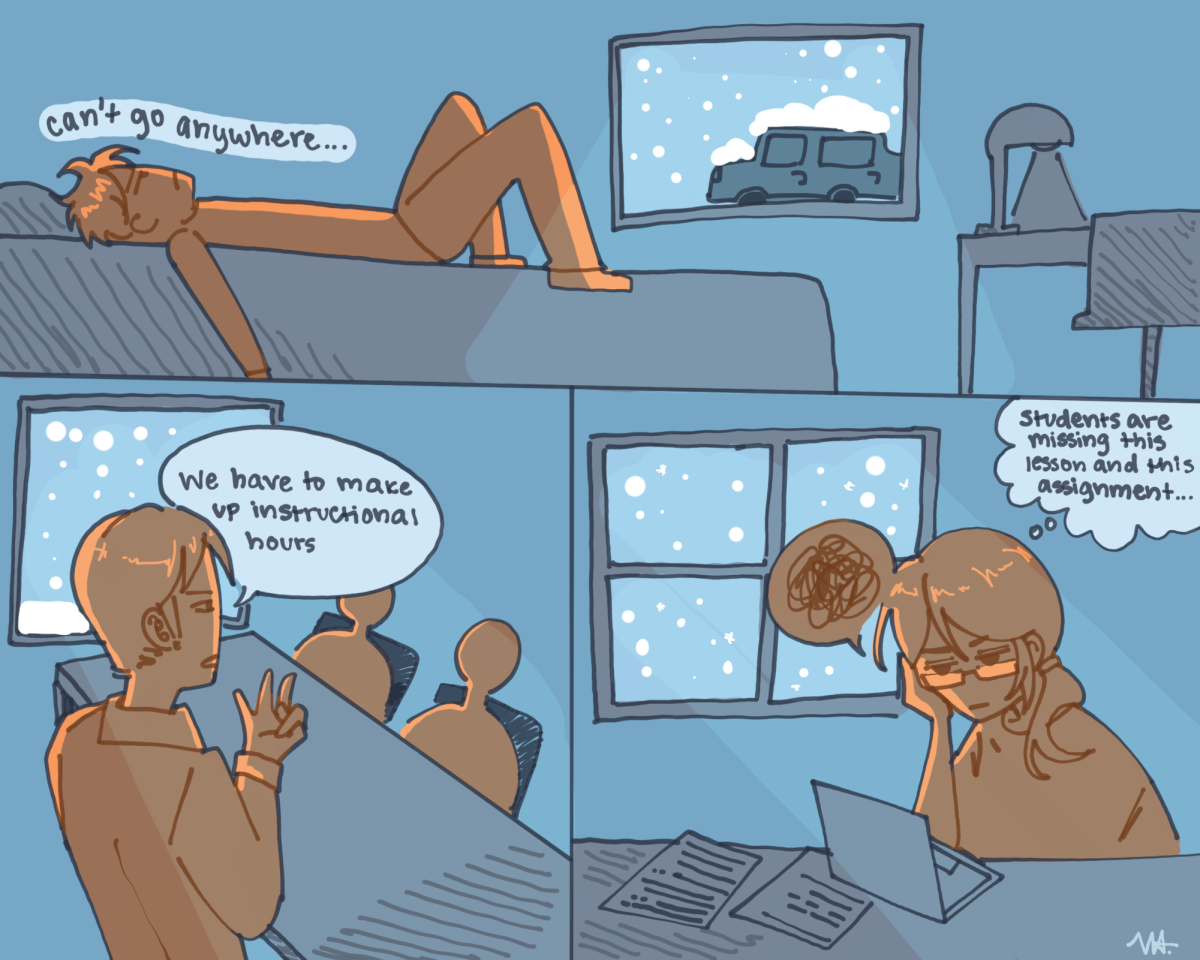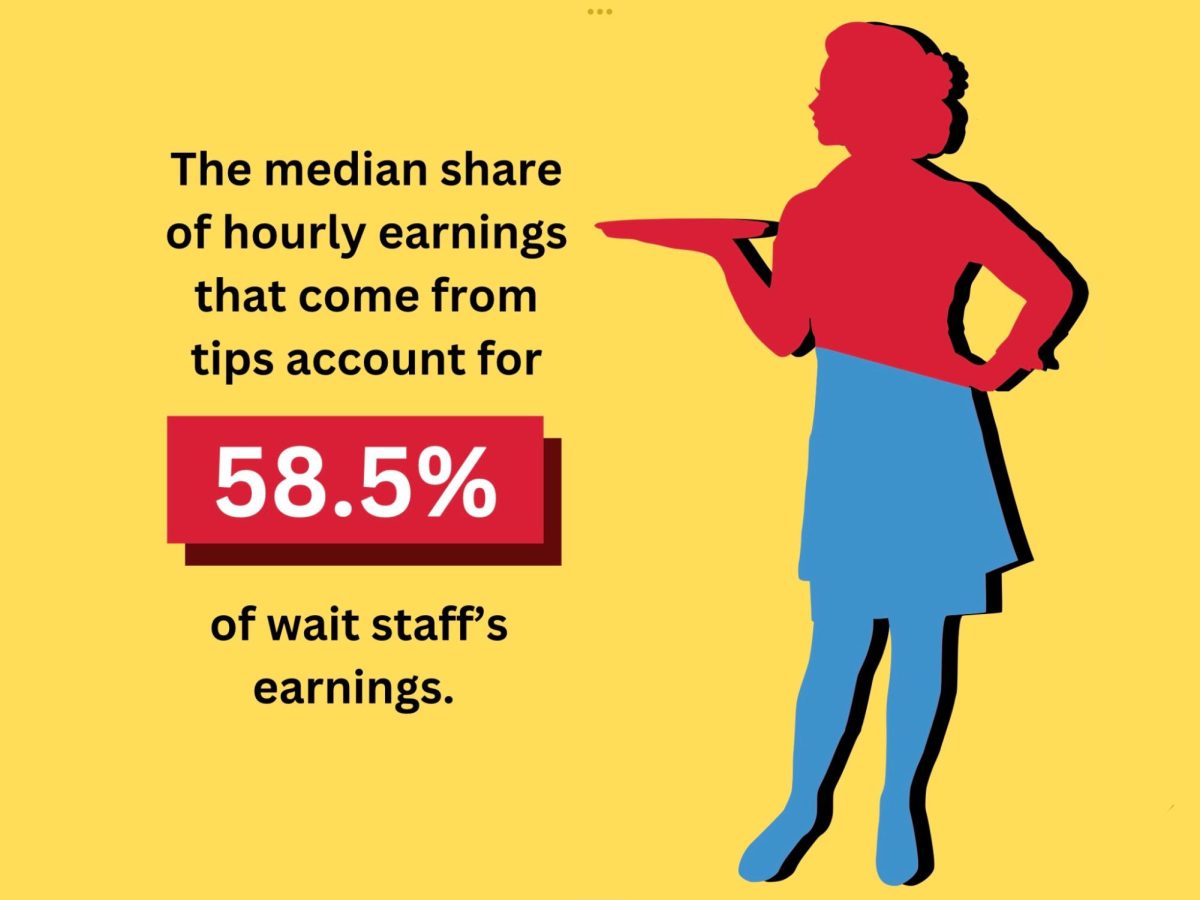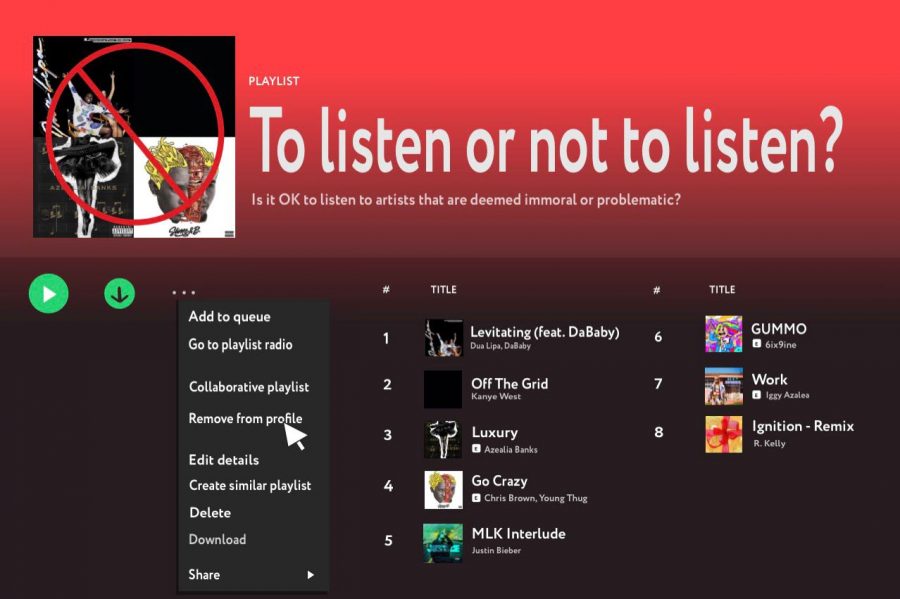That test was so easy, I got a 97. What did you get?
Oh, I got a 100.
Similar conversations buzz around you as you walk down the hallway. The 90 that you were satisfied with a minute ago, suddenly seems like a shockingly low grade.
This is a common occurrence for many students in highly academically competitive schools. Academic competitiveness seems motivating for students because it encourages them to work harder and get good grades. However, to a certain extent, academic competitiveness can have detrimental mental health impacts on students.
Academic competitiveness creates unhealthy comparisons between students. When I was a freshman, I was confident that my grades were off to a strong start. However, when I learned that there were people around me who were getting much higher scores than me, I began to doubt myself and my abilities.
Why is this coming to you as a surprise?, I would ask myself. Of course there are people around you who are achieving so much more.
Comparison is a dangerous loop to fall into, as it devalues that everyone learns differently and has their own strengths and weaknesses. When students compare themselves to someone who has higher grades, they unnecessarily lower their self-esteem by thinking that they are not ‘smart enough.’
Once this mindset is in place, students believe it unworthy to put in effort into studying for an upcoming test, hence proving to themselves that they are not as academically successful as the others around them.
If students really are to compare themselves to someone, the best person to compare with is themselves. After I realized this comparison was doing nothing but putting me down and exhausting me, I decided to approach school differently.
I studied hard and did my best on quizzes and tests. Then, I compared my grade to only my previous scores and no one else’s. I knew I had worked as hard as I possibly could have, so I was satisfied with my grade. There was no room for disappointment. This made me feel driven to do better than I had done earlier. This not only helped me boost my grades, but my confidence as well.
Academic competitiveness also leads to students seeking external validation through grades. With good grades, academic validation is an efficient source of motivation for students. However, academic validation is not a healthy motive as it is not always reliable. If a student receives a poor grade, instead of looking to improve by reviewing their mistakes, they will feel heavily discouraged and afraid to try again, because they did not get the validation that they are ‘smart.’ If a student’s self-esteem depends on an external source such as grades, they will never truly feel confident.
Feeling pressured often pushes students to work hard. In a highly academic competitive atmosphere where students are achieving big heights left and right, it is easy for hard work to transform into overworking. Being overworked has detrimental effects on people’s mental health, and oftentimes leads to burnout.
As stressful and nerve-wracking an academically competitive atmosphere may feel, it is important to remember that a single grade does not define a person, and does not determine how successful one might be in the future. There is so much more to a person than grades, like where their interests lie, how they interact with people and their perspective on the world.
Follow @CHSCampusNews on X.

















